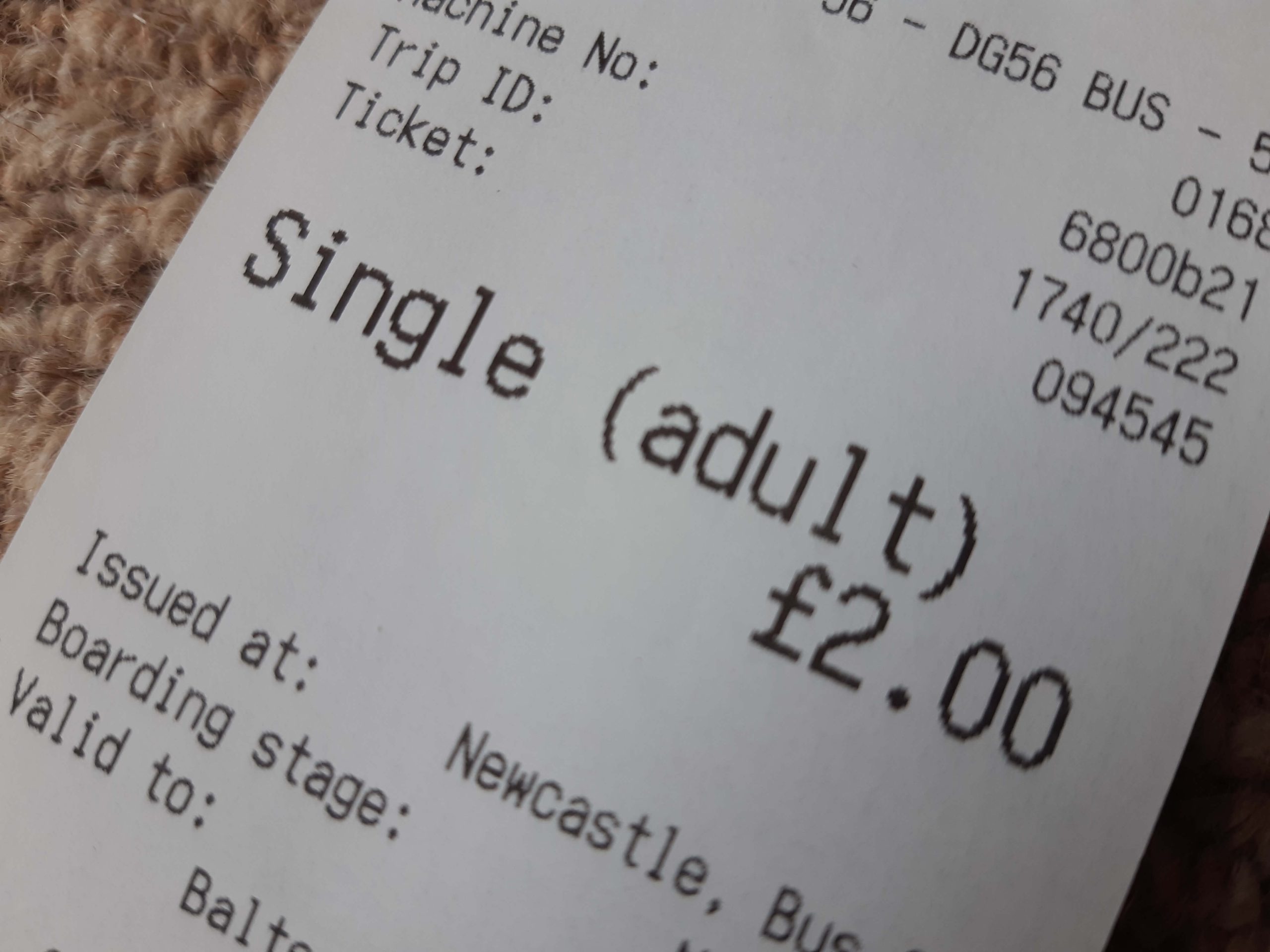The government has given a further indication that a decision on the future of the £2 bus fare cap in England will be announced in the Budget on 30 October.
Under-Secretary of State for Transport Simon Lightwood confirmed in Parliament this morning that consideration of the scheme formed part of a spending review.
As the scheme nears its scheduled end on 31 December, industry sources were already expecting such long-awaited certainty in Rachel Reeves’ first Budget speech.
Mr Lightwood’s comments came as he and Transport Minister Louise Haigh faced a barrage of questioning over bus services, among other transport issues.
Earlier Ms Haigh ignored a plea from Shadow Transport Minister Helen Whately to state whether the government planned to keep the fare cap.
However, Richard Holden – whose remit under the Conservative government included bus – later asked whether Labour would “commit to extending the fare until at least the end of this financial year”.
Mr Lightwood said: “We are considering the benefits that have accrued as a result of the £2 bus fare and what steps we will take next. Of course, that will all form part of the spending review.”
During the session, the government repeatedly set out the Better Buses Bill, which centres on franchising, as the tool it will use to improve bus services.
Most notably, on two occasions – including by Ms Haigh – it was put forward as the solution to struggling rural services in response to questions.
Parliamentary Under-Secretary of State for Transport Mike Kane said: “It is true that rural communities face different challenges, but the Government’s better buses Bill will enable local authorities to take back control of our buses and improve services, where they wish to do so.”
The government was asked to comment on whether it would ensure the provision of ring-fenced funding for local authorities to deliver publicly-controlled bus services.
Mr Lightwood responded: “The government has committed to reforming bus services as part of our plan to deliver better bus services by giving local authorities the tools that they need to ensure services reflect the needs of the communities in which they serve.
“We want to give local leaders more control and flexibility over bus funding and allow them to plan ahead to deliver their local transport priorities and are considering how best to support buses in the longer terms as part of a spending review.”



























